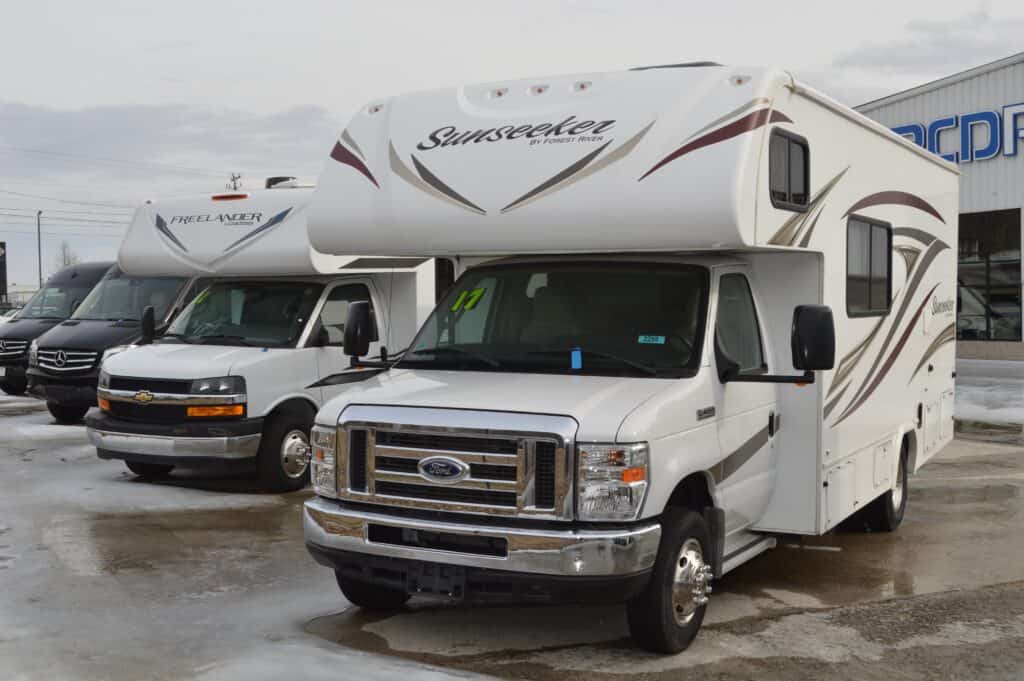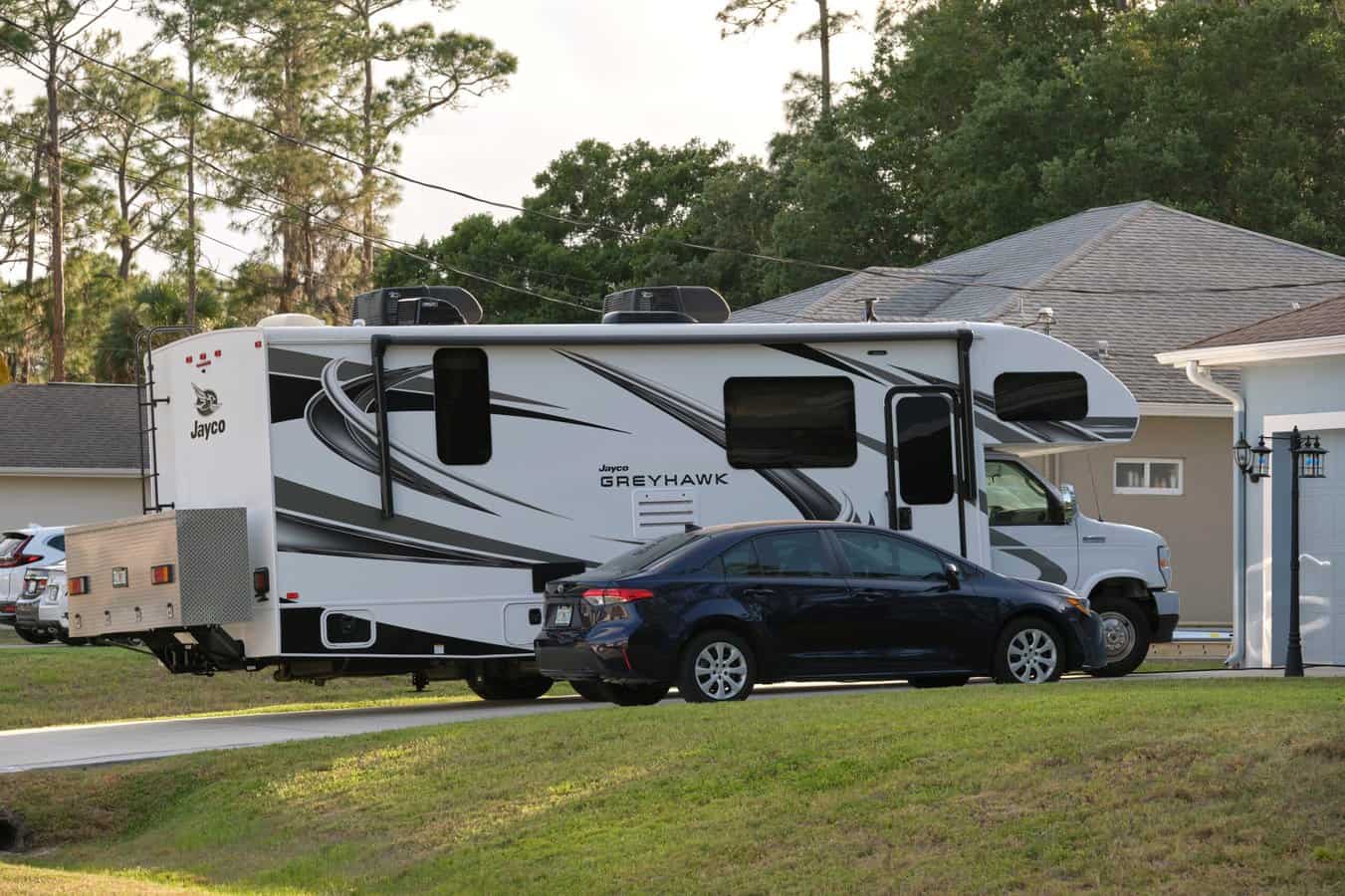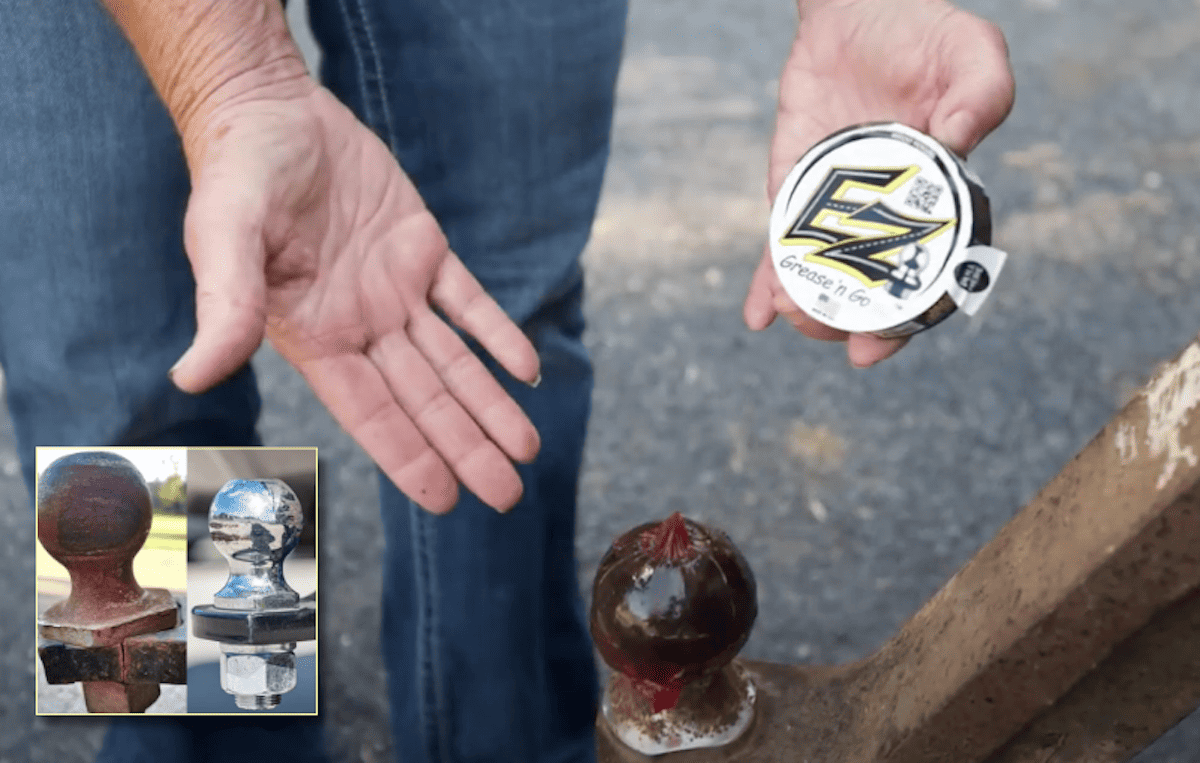
Avoid These Common Scams When Buying Or Selling An RV
Whenever you buy or sell an RV, large sums of money will change hands. Most people in the market are honestly just looking for the best deal, but others will use every trick in the book to take advantage of you. There are a few common scams that you should watch out for when it comes to buying and selling RVs.
Scammers are crafty, and the age of the internet has given them boundless opportunities to lie and steal. As long as you’re careful and observant, you should be able to distinguish a scammer from a genuine person. Their tactics are constantly evolving, but there are several warning signs you can look out for.
Most scammers will target prospective buyers because they can sometimes get thousands of dollars from the deal. However, there are some scams that are targeted towards those who are selling their vehicles as well. We’ll detail some of the most common scam tactics below, as well as ways to avoid them.
Red flags while buying or selling an RV
Deals that are “too good to be true”
You’ve just found a listing for a brand-new luxury RV! It has all the features you want, is in perfect condition, and best of all, it only costs a couple of thousand dollars.
Unfortunately, this deal is probably too good to be true. You need to be wary of RVs that are selling far below market price. It’s either a scam or the seller is reducing the price to cover up a severe problem.
Pushy tactics and requests for immediate action
One of the hallmarks of a scam is urgency. The person on the other end doesn’t want to give you time to doubt the interaction. They will insist that you have to act fast and won’t give you a lot of time to mull things over.
In the worst-case scenarios, they may threaten you with legal action if you don’t act immediately. If they get your email, phone number, or other contact information, they could even send fake messages that make you feel like you’re in trouble.
These scare tactics are common, but you can always call your bank or a law enforcement representative if you have any concerns.
Seller refuses to give tours or walkthroughs
It should be a major red flag if a seller refuses to let you see the vehicle before you buy it. Most sellers realize that buyers want lots of information. Therefore, they’ll be happy to let you inspect the vehicle or at least perform a video walk-through to let you see all the details.
Scammers usually don’t have the vehicle on hand, so they’ll try to avoid tours at all costs. Don’t trust pre-recorded videos on the listing. Insist on seeing it in person or taking a live video tour.
Unsecured websites for payment
There are a lot of places where you can buy and sell RVs nowadays. Facebook, Craigslist, and other buy/sell/trade sources are full of scammers, so you always need to keep your guard up. If you find an RV that you’re interested in, the seller may direct you towards a separate site to accept your payment.
You need to be extremely wary of these external sites. Most of them are unsecured, so your payment details could be stolen. Only use secure payment channels.
Sketchy photos
You can usually identify a common scam by looking at the provided photos. If you look closely, you can usually identify a few red flags.
Poor image quality is one issue. This sometimes indicates that a photo has been copied, screenshotted, or imported from another source. There may also be photoshopped contact information on official forms and documents.
You also need to be wary of listings that only have one or two photos. Legitimate sellers want to provide lots of information, so they should have multiple pictures of their vehicle.
Upfront payment with a promise of delivery
This next scam is extremely common in the RV world. A seller will insist on full or partial payment before they deliver your RV to you. They may have different reasons for doing this. Some call it a security deposit and promise to repay you once it has been delivered. Others claim that the money is necessary to pay for shipping, gas, ownership transfers, etc.
No matter what the reason is, you should never send money before the vehicle arrives. It’s all too easy for scammers to keep your money and never send the vehicle.
Large deposits to hold the sale
RV sellers often have multiple offers to sort through. If one person wants to stake a claim, they may ask that buyer to send them a deposit so they can hold the sale for them. This money compensates the seller for any other deals they refuse in the meantime.
This practice is fairly common, even among legitimate sellers! But the average seller will only ask for a deposit between $100-$300. Scammers will ask for much more, so be wary of expensive deposits!
Third parties offering to sell your RV for you
Selling an RV is a huge pain in the neck. It takes time and effort, and some people want to skip the process altogether. Scammers are aware of this, and some of them pose as third-party sellers who will manage the sale for you. All they want is a bit of money for their troubles!
In reality, a lot of third-party sellers never intend to help. They’ll simply collect your vehicle information, accept the payment, and disappear. You’re much better off going with a trusted company such as National Vehicle or a used car/RV dealership.
Over-eager buyers
As you sell your RV, you need to be wary of your prospective buyers. You may find some people who leap at the chance to buy your vehicle without checking any details. This should set off some alarm bells because RVs are significant investments. Nobody would willingly drop a bunch of money without confirming the details of the sale. In most cases, their payments will bounce or stay on hold, so don’t fall for an enthusiastic act!
Check scams
Speaking of bouncing payments, let’s talk about check scams. This is a common scam where a “buyer” will send you a check almost immediately. They will try to rush the sale as fast as possible because they know that the check will bounce. Once they drive off with your vehicle, you’ll have a hard time getting your money back.
Another version of this scam happens when they send a check for more than you originally agreed upon. They apologize for the mistake and ask that you refund the difference. By the time you discover that it’s a bad check, they’ve already disappeared with your money.
If someone pays you with a check, you should always wait until it clears before you proceed with the sale. A legitimate buyer will have no problem with a short waiting period.
Phishing scams
Finally, you need to watch out for phishing scams as well. These generally target your information rather than your money.
If you give your contact information to a scammer, they can mark you as a target and sell the data to other people. Then you’ll be put on a list for all sorts of scams! It might even lead to identity theft and security breaches in your bank account.
How to protect yourself from common scams
If you’re in the market to buy or sell an RV, you won’t be able to avoid scammers altogether. Instead, you need to know what to do once they make contact.
Always trust your gut during these interactions! If something seems fishy, thoroughly investigate before you hand over any money. Follow the tips below to protect your vehicle, your money, and your private information.
- Check the seller on BBB. The website has a scam tracker, and you can see if the seller has a business profile.
- Use traceable payment methods. Avoid app payments and wire transfers if possible.
- Be wary of private sellers.
- Protect your RV during test drives. Ride with them, only give them spare keys, and collect personal information before you let them drive it.
- Avoid “desperate” language in your listing (urgent, reduced price, ready to move, etc.) These will make you a promising target for scammers.
- Don’t share personal information or data. The more they know, the better than can attack you. Stick to the simple facts and keep things professional.
- Compare seller information with the VIN. If the information doesn’t match or they refuse to provide this data, something is wrong.
- Insist on inspections for used vehicles. Scammers won’t want you to inspect their RV, especially if it doesn’t even exist!
- Try to transfer the title and make the final payment at the DMV. Scammers will not want to do this.
- Drop anyone who seems suspicious. You don’t have to jump at the first person who shows interest! If things seem sketchy, you’re not obligated to continue the conversation. Block and report suspicious vendors.
Get tips from other RVers
One of the best parts about RVing is engaging with the community of traveling enthusiasts. iRV2 forums allow folks to chat with other RVers online, and get other perspectives on everything RVing, including products, destinations, RV mods, and more.
Related articles:





We listed our 5th wheel the end June on Facebook. A friend who lives 800 miles away called and ask what we wanted for it. When I told her she said we want it. She sent me half the asking price to hold it for her. They couldn’t come get it when they said and it was 6 weeks before they came to get it. I had sent pictures and told them the length of it. When they got here and spent an hour or more looking it over, told us it was too big for them and they didn’t want it after all. I foolishly wrote a check for the deposit, but the more I thought about it, I stopped payment on the check and am going to negotiate the deal when she calls me about it. Don’t ever assume even a friend won’t renege on a deal.
The last two cars I sold on social media sites we did the closing at their bank. I know I will get a good check and if they are reluctant than you know there will be a problem.